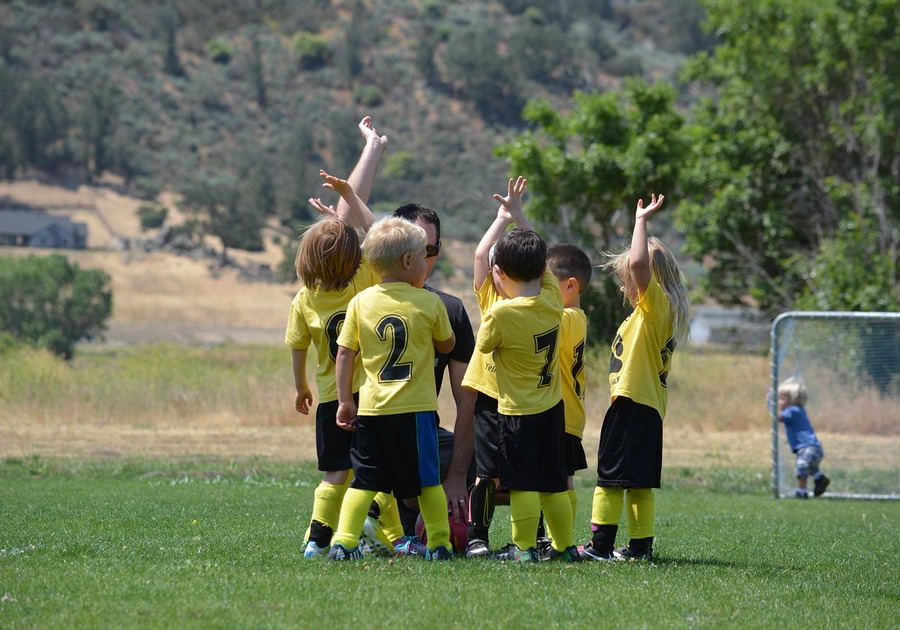I wasn't always blessed with the oxen size I have become over the years. There was a time that I remember very well, when I was picked last for the kickball game or warmed the bench while my classmates were cheered to victory. Being the smallest kid on the team can sometimes feel challenging, but it doesn't have to hold you back. Here are some tips to help kids cope and excel despite their size:
- Embrace your strengths: Being small doesn't mean you lack skills or talent. Focus on your strengths, such as speed, agility, or technical abilities, and use them to your advantage during practice and games.
- Work on your skills: Dedicate time to improving your skills. The better you become at your sport, the more you'll contribute to the team's success, regardless of your size.
- Develop mental toughness: Being the smallest can lead to doubts and insecurities. Build mental resilience by setting realistic goals, staying positive, and maintaining a strong belief in yourself.
- Learn from others: Observe and learn from your teammates, coaches, and professional players who faced similar challenges. Ask for advice and apply what you learn to improve your performance.
- Be a team player: Your attitude and work ethic matter a lot. Show dedication, support, and a willingness to help your teammates. Being a positive force on the team will earn respect from others.
- Stay physically fit: Work on your conditioning to enhance your endurance and overall athleticism. Being in top shape will help you compete at your best level.
- Master your position: Focus on becoming exceptional at your specific position. Understanding the role thoroughly and executing it well can have a significant impact on the team's performance.
- Use your size to your advantage: Being small can make it harder to tackle or mark in some sports. Learn how to use your size to maneuver around opponents effectively.
- Communicate effectively: Good communication is crucial in team sports. Be vocal on the field, helping to coordinate plays and keep your teammates informed.
- Stay confident: Believe in yourself and your abilities. Confidence can often make a significant difference in how you perform and how others perceive you.
- Ignore negativity: You may encounter negative comments about your size from opponents or even teammates. Don't let it get to you. Focus on proving yourself through your skills and determination.
- Seek support: Talk to your coaches or parents about any concerns you have. Having a strong support system can make a difference in how you handle challenges.
Remember, many successful athletes have overcome physical disadvantages to achieve greatness. Being the smallest kid on the team might present some obstacles, but it can also be an opportunity for you to shine and show everyone what you're capable of.



